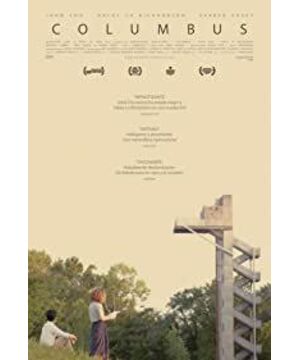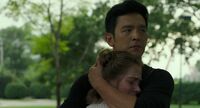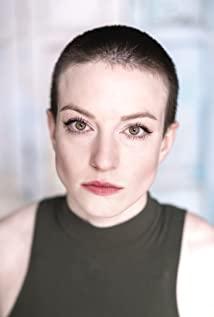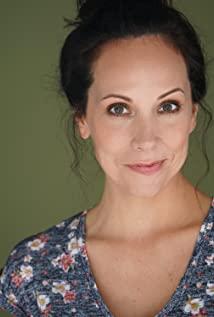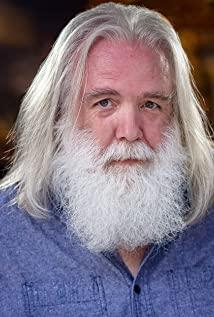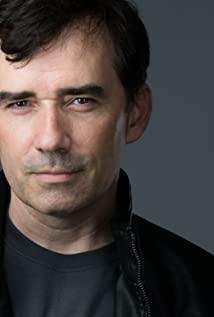8.8 points. I like it very much. I like this rhythm very much, the original delicate feelings are to be said slowly. It's not that I think it's slow, because when I think about it when I look at the mountains and trees, and when I'm upset, it's the same rhythm. So I was quickly brought in by the movie, and I was very comfortable calmly and naturally. The rhythm was my favorite in the beginning.
Also enjoyed the modern architecture and dialogue. Asymmetrical but balanced. In fact, what is the purpose of many very symmetrical things? It seems to be visually balanced and harmonious. But once everyone is accustomed to being symmetrical, probably few people ask why it is necessary to be symmetrical. If it is possible to find balance and harmony without symmetry, is it possible? Reminds me to always ask myself what I want. Another conversation was very impressive. The head of the library discussed with her what attention is. I myself have a very short attention span on reading. I have tried training to practice reading. When I took the GMAT test, I forced myself to read. I was very frustrated and blamed myself for why I couldn’t concentrate when reading. The reason is attributed to my parents, saying that they never cultivated the habit of reading in me when I was a child. Now listen to his theory, not lack of attention, but lack of interest, very resonant. Like this movie, I don't have any attention problems at all, on the contrary, I enjoy every pause, detail, and flow of music.
Speaking of this, another point is self-blame. After realizing that you have no interest in reading, do you feel that you are inferior and that you are not the material for reading? It's been that way for a long time. But now I try to accept it. I don't like reading, but I really like movies, and I also like architecture. Good time is so limited, isn't it better to spend your energy on the things you love?
The other thing I like is the emotion. The hero and heroine share a love-hate relationship with their parents. Doesn't the male lead care about his father? It should be very caring. "He never listens to what I want to say", "He never suspends his life for me", I can imagine the male protagonist, a little boy looking up to his father, how eager he is for his approval. Did he simply not want to cry at his funeral? I imagine they were so strange, they hadn't spoken in over a year, and he had to cry for him the next time they got together. The male protagonist may be grieving, but the way their father and son are connected has never been so superficial. Crying cannot represent any of his true emotions, and he himself does not agree with it. But he didn't dare not to cry, what if his soul really couldn't rest in peace? I don't think the male protagonist's hesitation is because he feels ashamed or oppressed by the eyes of the world. I think his hesitation is in many ways, very privately based on his relationship with his father and the way they get along.
And love. Elenanor probably loved his father, the admiration of a talented female student for a professor. You can see how close she is when she finds the teacher in the rain in the first scene. Casey probably loves Jin too. The second time he saw him in the parking lot, he left the car that finally started and ran to find him without thinking. In the middle of the night, she ran to his apartment helplessly and wanted to talk to someone. Even if he said he didn't want to go too late, she would not give up. Just imagine that Jin, who was a child back then, also saw Elnanor like that to find his father. They are so daring to express their love, Jin is so envious. Maybe he directly asked his father for that kind of love, not afraid of his rejection, maybe he could be more magnanimous and happier?
Rhythm, emotion, the third thing I like is the way of shooting. Jin's conversation in Elenanor's room, we all see it in the mirror. Casey took Jin to her third place, and the conversation was also seen in the rearview mirror of the car. We are in that space, but not in their conversation. They are in a separate private space, and we are just passersby. Casey took Jin to the first church and explained to the tour guide he had memorized. Jin said that it doesn't tell me why you like it, tell me why it is special to you. Then I waited to hear Casey's answer, and the camera cut to the opposite side of the glass, only to see Casey hesitated and tried to open up, but couldn't hear the reason she said. But why does it matter? What the director wants us to see is the Casey who has started to be influenced by Jin.
View more about Columbus reviews


